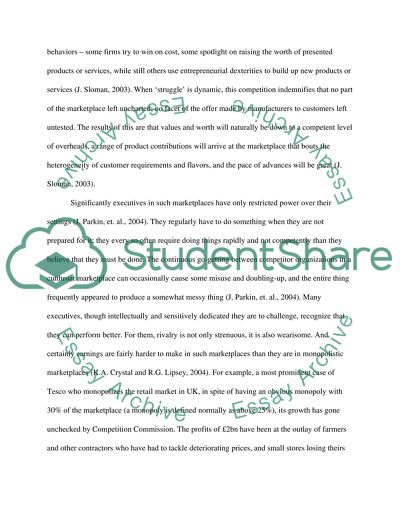Cite this document
(The Benefits from Competition - Some Illustrative UK Cases Case Study, n.d.)
The Benefits from Competition - Some Illustrative UK Cases Case Study. Retrieved from https://studentshare.org/macro-microeconomics/1515474-economonics-competition-policy-in-the-uk
The Benefits from Competition - Some Illustrative UK Cases Case Study. Retrieved from https://studentshare.org/macro-microeconomics/1515474-economonics-competition-policy-in-the-uk
(The Benefits from Competition - Some Illustrative UK Cases Case Study)
The Benefits from Competition - Some Illustrative UK Cases Case Study. https://studentshare.org/macro-microeconomics/1515474-economonics-competition-policy-in-the-uk.
The Benefits from Competition - Some Illustrative UK Cases Case Study. https://studentshare.org/macro-microeconomics/1515474-economonics-competition-policy-in-the-uk.
“The Benefits from Competition - Some Illustrative UK Cases Case Study”, n.d. https://studentshare.org/macro-microeconomics/1515474-economonics-competition-policy-in-the-uk.


